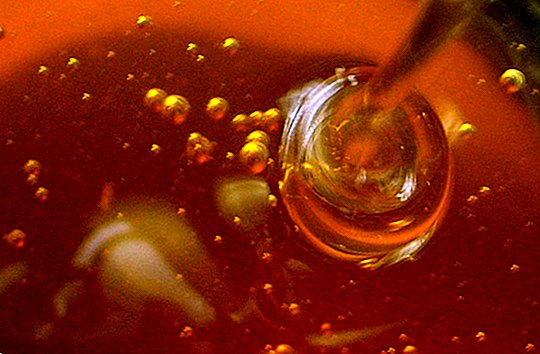Nutrient deficiencies in celiacs
There is a great diversity of food intolerances that are known so far, although both the celiac like own lactose intolerance become two of the most common disorders tends to affect a fairly large number of people.

The celiac, consists of a intestinal disease, which affects genetically predisposed individuals, when they eat foods that contain gluten, a protein that is part of the flour of cereals, such as barley, wheat, oats and rye.
This means that when gluten comes into contact with the intestinal mucosa it tends to produce a series of immune-based inflammatory reactions, which can cause serious damage to the small intestine.
This means that the celiac person must follow a gluten-free diet, so that by not containing cereals with this protein, it may be common for the person to suffer from constipation, in addition to that certain nutrient deficiencies.
Nutrient deficiencies in celiacs
Taking into account that the celiac feeding chases the elimination of foods with gluten from the diet, people with celiac disease should avoid and correct the different nutritional deficiencies that can occur.
The most common are lack of fiber, folic acid, iron or vitamin D, as a consequence of the poor absorption of nutrients, which is called villous atrophy.
How to avoid nutritional deficiencies in coeliacs
- Vitamin D: the most appropriate is to include in the diet healthy and gluten-free foods such as blue fish, eggs and mushrooms (especially mushrooms).
- Iron: to avoid iron deficiency the best is the consumption of meat at least once a week. White meats stand out, but also fish (anchovies and sardines) and seafood (clams, prawns and mussels).
- Folic acid: the most appropriate is the consumption of vegetables one to two times per week, in addition to not forgetting the consumption of green leafy vegetables every day. You can also opt for nuts (such as pistachios or pine nuts).
Image | nackeredhack This article is published for informational purposes only. You can not and should not replace the consultation with a Nutritionist. We advise you to consult your trusted Nutritionist.


